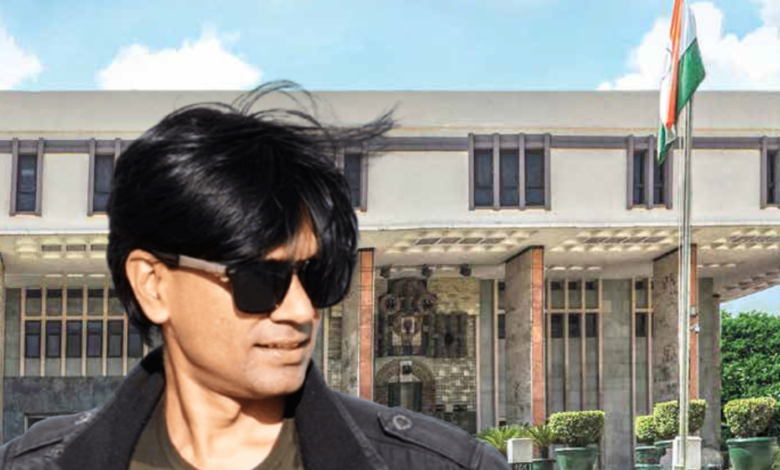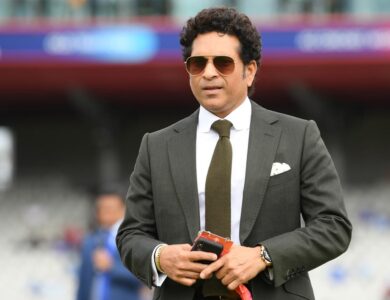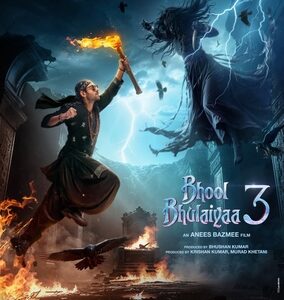
Background
A co-founder of the alternative newswire Alt News, Mohammed Zubair found himself in the center of a high-profile legal controversy lately. Through efforts aimed at unridding an aura of misinformation and upholding journalistic integrity, Zubair has been in the headlines for journalism as much as the legal battles he had to face. The background of this case is a complaint filed by an aide of Yati Narsinghanand, who is a notorious man with his firebrand lectures and hardline approach on numerous subjects.
The Complaint
The complaint against Zubair alleges he made derogatory comments about Yati Narsinghanand-a self-proclaimed Hindu monk-on a social media platform. Narsinghanand, who has been accused of making hate speeches against minority communities in India, is an extremely divisive figure. An assistant to Narsinghanand filed the complaint for spreading false information and inciting hatred, say police.
This is just one incident of a larger trend in India, where many journalists and activists have found themselves at the receiving end of legal pressures for their work. The action is condemned as it seems to be a well-designed strategy for silencing the voice and curbing the exercise of free speech. Zubair’s case brought to light increased tensions between media representatives and more influential political and religious figures.
Legal Proceedings
The police were said to have initiated an inquiry into the complaint and were seen to have summoned Zubair in for interrogation and later booked him under various sections of the Indian Penal Code, including those sections that seem to refer to promoting enmity between groups and hurting religious sentiments.
The legal framework that facilitates these charges evokes a debate about free speech in India. Advocates of free speech argue that such acts of legislation frequently encapsulate journalists who question the establishment and report unfavorable truths against powerful men. The case of Zubair would fall into this trend, questioning the balance between upholding public order versus protecting individual rights.
Consequence for Freedom of Press
Journalists and media houses are protesting the charges filed against Zubair, and they fear that this will reflect far worse practices by the judiciary, where journalists and their media houses are being spooked. Hundreds of journalists have protested, citing that such actions may make journalists not go into some investigations or otherwise report critically on some influential persons; they are now afraid that it will shake the very foundations of journalism.
While the press freedom movement insists that rigorous protection is necessary for journalists, it underlines the point that it is these freedoms that allow the media to operate independently-the lubricant of a healthy democracy-of which an essential job is being horribly obstructed. Challenges facing journalists on the rise in India.
Of course, the Zubair case clearly shows the risk journalists face when dealing with reporting issues on religious sentiment. Given the emergence of sectarian politics in India, journalists often have to tread a tightrope where reporting fact is perceived as biased or even instigative.
Public Response
Divided public reaction to Zubair’s legal troubles: A large section supports the right of free speech that he exercises and independent journalism, but they detest the abusive words against any religious person, like Narsinghanand.
Zubair’s supporters have been his biggest advocates by running campaigns on raising awareness over the plight of journalists in India. Social media sites have been the battlegrounds of various discussions on the case of the journalist, focusing more on the need for a show of solidarity from the journalists for protection of their rights and freedoms.
Role of Social Media
Zubair’s case once again throws to the fore the increasing power of social media in determining public discourse. An otherwise influential figure on platforms such as Twitter, Zubair has taken to social media to highlight follies of misinformation and relate to his audience. But this exposure also leaves him highly susceptible to increased examination by those who do not share his views.
The speed at which news spreads in the media can be an enigma in the face of challenges faced by the journalists. While it enables them to reach the whole world and break the myths surrounding misinformation, on the other hand, it instantly sends them face to face with hostile reactions from people opposing their reports.
The Future of Journalism in India
The bigger questions that journalism in India will have to grapple with are yet to be answered while Zubair fights out his court battles. It is too early to tell if the trial will forward freedom of the press and journalists’ practices inside this country.
In this day and age, where lies seem to spread like wildfire and the public is losing trust in mainstream media, journalists like Zubair take on a role that is more necessary than it ever was before. Their pursuit of truth and the bringing of those in power to book is crucial for the health of any democracy.
Conclusion
The Mohammed Zubair case hails the continued struggles for press freedom in India. One hardly needs to state the need for an atmosphere that allows independent reporting: with legal and social forces increasingly turning screws on journalists, there can be few greater needs. The Zubair case may decide not only his fate but also that of Indian journalism-a barometer of what India is willing to do to safeguard free speech and the right of journalists.




